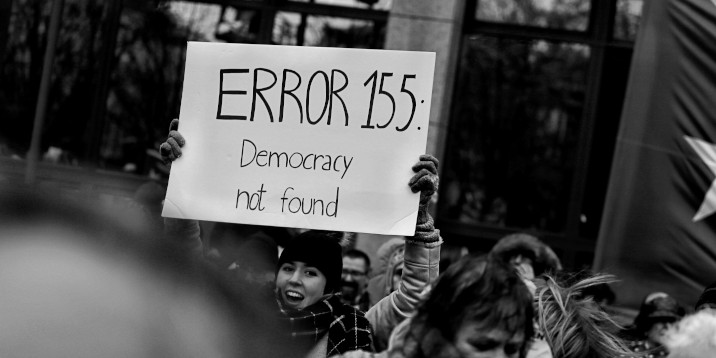Free Courses Sale ends Soon, Get It Now


Free Courses Sale ends Soon, Get It Now



Copyright infringement is not intended
Context: India Classified as an ‘Electoral Autocracy’ in Annual Democracy Report 2022
Details:
About the V-Dem report’s methodology:
Parameters used to assess the Status of a Democracy:
Key findings of the report:
Key findings about India:
https://epaper.thehindu.com/Home/ShareArticle?OrgId=GAU9IO5RD.1&imageview=0
© 2024 iasgyan. All right reserved